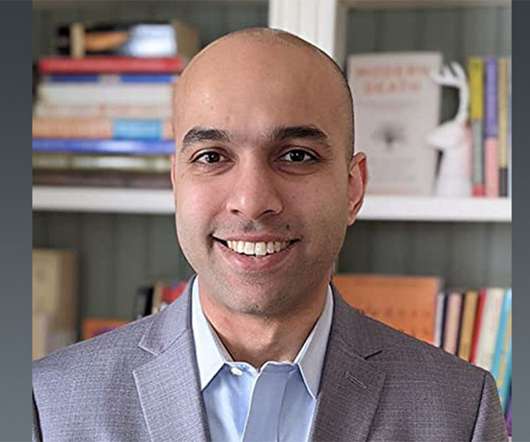Using technology to reclaim our time
Today's Hospitalist
MAY 9, 2025
OUR ENTIRE FIELD of hospital medicine grew out of the need to innovate to address the growing complexities of inpatient medicine. AI Implementation: key considerations Integrating new technology in a hospital requires careful planning and attention to detail. It is crucial to have seamless integration with the existing EHR system.












Let's personalize your content